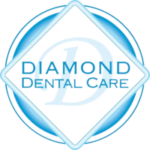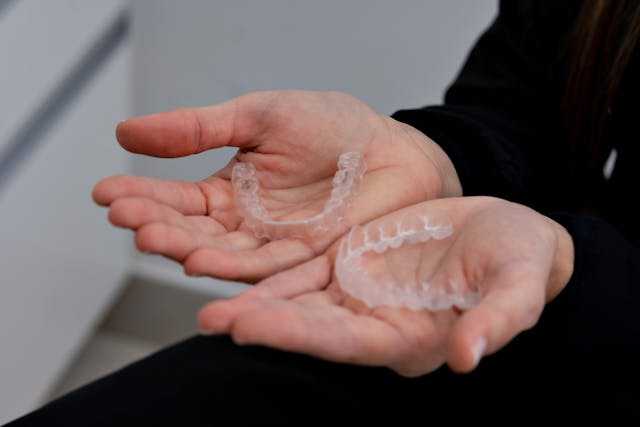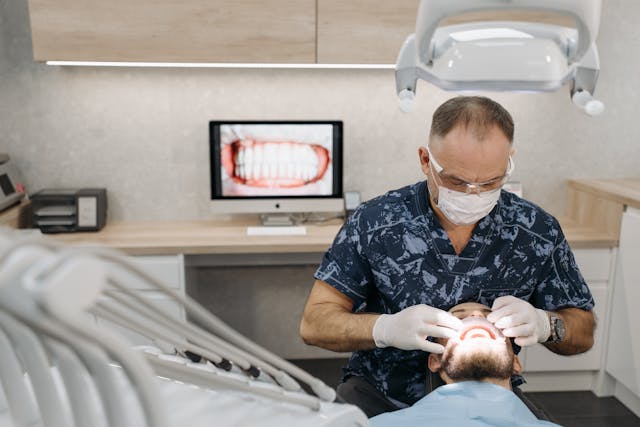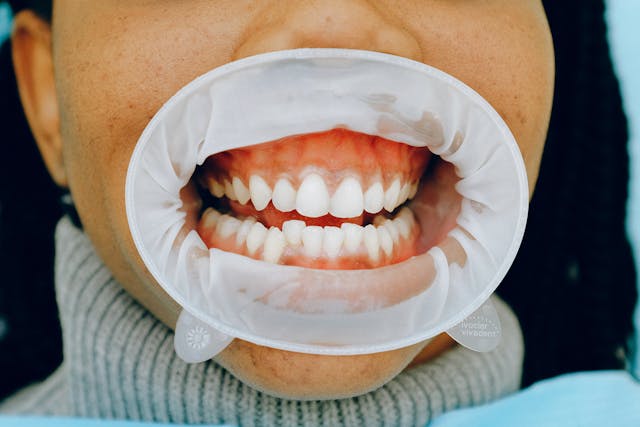Introduction
Missing teeth can be more than just a cosmetic issue—it can affect your ability to chew, speak, and even impact your overall oral health. If you’re looking for a reliable solution, dental bridges could be the perfect option. At Diamond Dental Care, located at 303 South Diamond Bar Blvd, Ste 2C, Diamond Bar, CA 91765, we offer high-quality dental bridge solutions tailored to your needs.
Call us at (909) 860-7579 to book your visit. You can also connect with us on Facebook or leave a review on Yelp. We look forward to seeing you!
What Are Dental Bridges?
Dental bridges are prosthetic devices used to replace one or more missing teeth. They consist of artificial teeth anchored in place by crowns attached to adjacent natural teeth or dental implants. Bridges help restore your smile, improve functionality, and prevent shifting of surrounding teeth.

Types of Dental Bridges
Traditional Bridges
These are the most common type, using crowns on both sides of the gap with a false tooth in between.
Cantilever Bridges
These are used when there is only one adjacent supporting tooth.
Maryland Bridges
These use metal or porcelain wings attached to the back of adjacent teeth instead of crowns.
Implant-Supported Bridges
Instead of relying on natural teeth, these are anchored by dental implants for maximum stability and durability.
How Do Dental Bridges Work?
Dental bridges rely on neighboring teeth or implants to hold the false teeth in place. They distribute biting forces evenly and restore full functionality to your mouth.
Who Is a Good Candidate for Dental Bridges?
Anyone with missing teeth and healthy surrounding teeth or implants can be a candidate. A strong jawbone and good oral hygiene are essential for long-term success.
Advantages of Dental Bridges
- Restore the appearance of your smile
- Improve chewing and speech
- Prevent teeth from shifting
- Maintain facial shape
Dental Bridges vs. Other Tooth Replacement Options
Bridges vs. Implants
Bridges are less invasive and more affordable than implants but may not last as long.
Bridges vs. Dentures
Bridges are more stable and comfortable than removable dentures, offering a permanent solution.
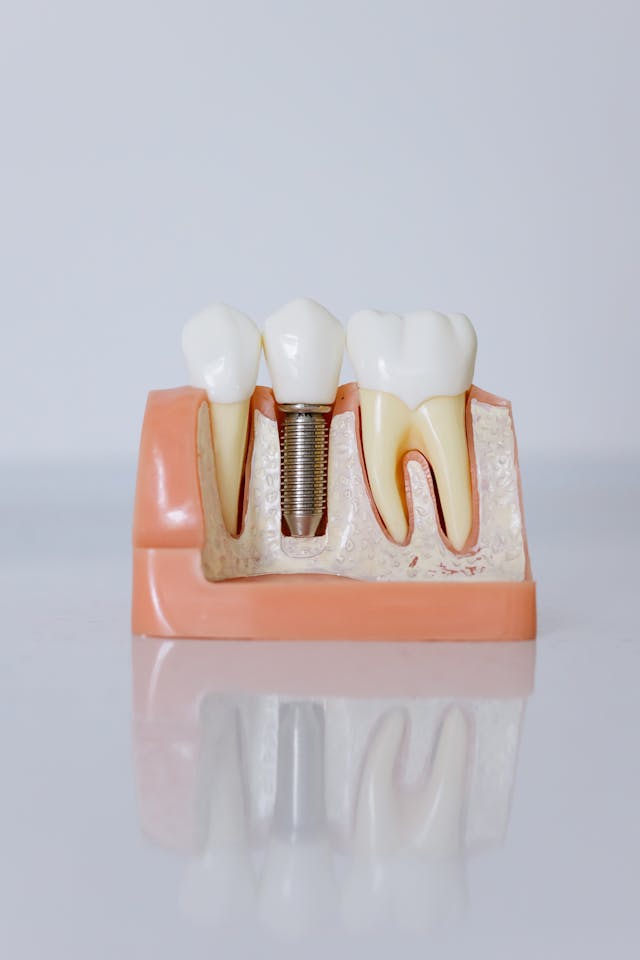
The Procedure: What to Expect
First Appointment
Your dentist will prepare the adjacent teeth and take impressions.
Temporary Bridge
A temporary bridge is placed while your permanent bridge is being made.
Final Placement
Your permanent bridge is cemented into place, restoring your smile.
Caring for Your Dental Bridges
Oral Hygiene Tips
Brush and floss regularly, and use a floss threader to clean under the bridge.
Foods to Avoid
Stay away from sticky, hard, or excessively chewy foods that may damage the bridge.
How Long Do Dental Bridges Last?
With proper care, dental bridges can last 10-15 years or more.
Potential Risks and How to Avoid Them
- Gum disease and decay around supporting teeth
- Fractures due to biting hard objects
- Regular dental checkups help minimize risks.
Cost of Bridges
Costs vary depending on materials and complexity, but they are generally more affordable than implants.
Does Insurance Cover Bridges?
Many dental insurance plans partially cover bridges. Check with your provider for specific coverage details.
Why Choose Diamond Dental Care for Your Dental Bridges?
At Diamond Dental Care in Diamond Bar, CA, we offer personalized dental care with high-quality materials and expert craftsmanship. Contact us at (909) 860-7579 to schedule a consultation.
Conclusion
Dental bridges are a reliable, cost-effective solution for missing teeth. They restore function, improve aesthetics, and prevent further dental issues. If you’re in Diamond Bar, visit Diamond Dental Care for expert care and personalized treatment options.
Call us at (909) 860-7579 to book your visit. You can also connect with us on Facebook or leave a review on Yelp. We look forward to seeing you!
FAQs
1. How long does it take to get a dental bridge?
The process typically takes two visits over a few weeks.
2. Do dental bridges look natural?
Yes, modern dental bridges are designed to blend seamlessly with your natural teeth.
3. Can I eat normally with a dental bridge?
Yes, but avoid excessively hard or sticky foods.
4. How do I clean under my dental bridge?
Use a floss threader or special dental tools to clean underneath the bridge.
5. Will my dental bridge feel uncomfortable?
It may take a few days to adjust, but it should feel natural within a short period.
